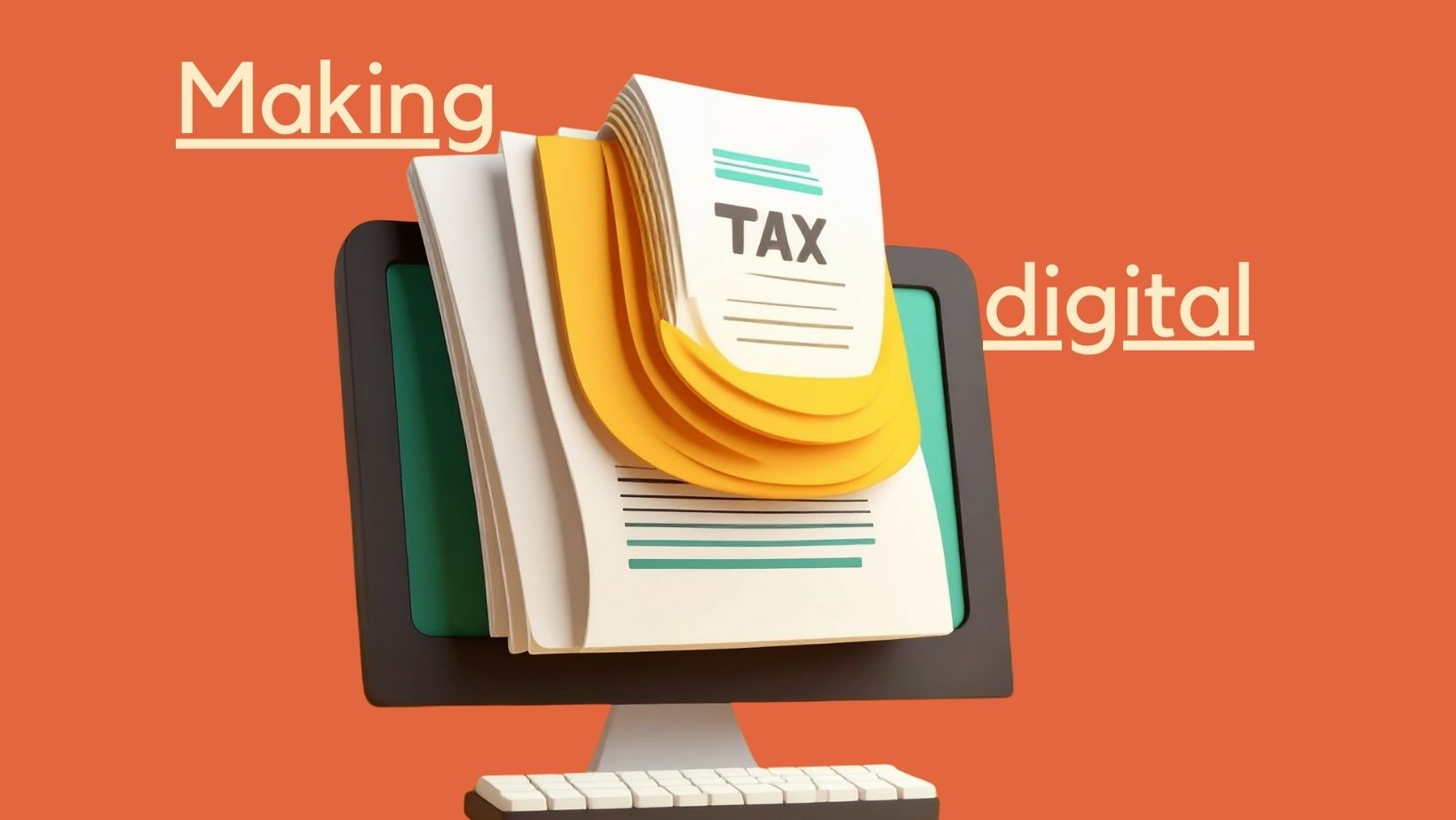HMRC is in the process of contacting nearly 900,000 people who hold more than £3,500 in their bank accounts. It’s part of a review into untaxed interest received on savings.
If you receive a letter from HMRC, there’s no need to be alarmed. However, it’s important to understand why they’re reaching out, and what steps to take next to ensure you remain compliant with tax rules.
Why HMRC is contacting savers
Banks and building societies report interest payments made to their customers to HMRC. This allows HMRC to check whether individuals are paying the correct amount of tax on their savings.
With interest rates having risen significantly over the past year or so, many savers (particularly those with larger balances) are now earning more interest than in previous years.
As a result, it’s become more common for people to exceed their Personal Savings Allowance (PSA) without realising. The PSA allows individuals to earn a certain amount of interest on their savings tax-free each year, depending on their income tax band:
- Basic rate taxpayers (20%) can earn up to £1,000 in interest tax-free.
- Higher rate taxpayers (40%) are allowed £500.
- Additional rate taxpayers (45%) do not receive a savings allowance.
If your total interest across all bank accounts and savings products goes over your allowance, the excess is subject to income tax and must be declared.
What to expect from HMRC
The letters being sent out by HMRC are expected to prompt recipients to check whether they’ve reported their savings interest correctly.
These letters are not an accusation or penalty, but rather a request for clarification. It’s a reminder that individuals are responsible for reporting all taxable income through a Self Assessment tax return, which includes interest earned on savings.
For many people who are not usually required to complete a tax return, this could come as a surprise. But if you’ve received untaxed interest above your PSA, you may be required to register for Self Assessment to declare it.
What you should do if contacted
If you are contacted by HMRC:
- Don’t ignore the letter. While it might feel unexpected, take action and do not dismiss the request.
- Seek professional advice. Speak to an accountant who can help assess your financial situation and guide you through any reporting requirements. They can also determine whether you do need to file a Self Assessment return, and if so, assist with completing it accurately.
- Check your savings interest. Review your bank and building society statements for the relevant tax year and calculate your total interest income. Most banks will also provide an annual summary of interest earned for tax purposes.
- Declare any taxable interest. If your interest exceeds your allowance, this should be declared through a Self Assessment return. You can register for Self Assessment and find more guidance on the Gov.uk website.
Who this affects
This initiative may affect contractors, freelancers, small business owners, and those with multiple savings accounts. Even if your day-to-day income is within lower tax bands, having a large savings balance or high-interest savings products (such as fixed-term accounts or ISAs that have matured) could push your interest income above the PSA threshold.
Staying compliant
The increase in interest rates over the past year means more savers are earning taxable interest without realising it. If you’ve accumulated more than £3,500 in savings (especially across multiple accounts) now is a good time to review your interest earnings and ensure you’re meeting your tax obligations.
Remember: receiving a letter from HMRC does not mean you’ve done anything wrong. It simply means it’s time to double-check your savings interest and, if necessary, take steps to correct or update your tax return. With the right advice and support, this can be a straightforward process.





